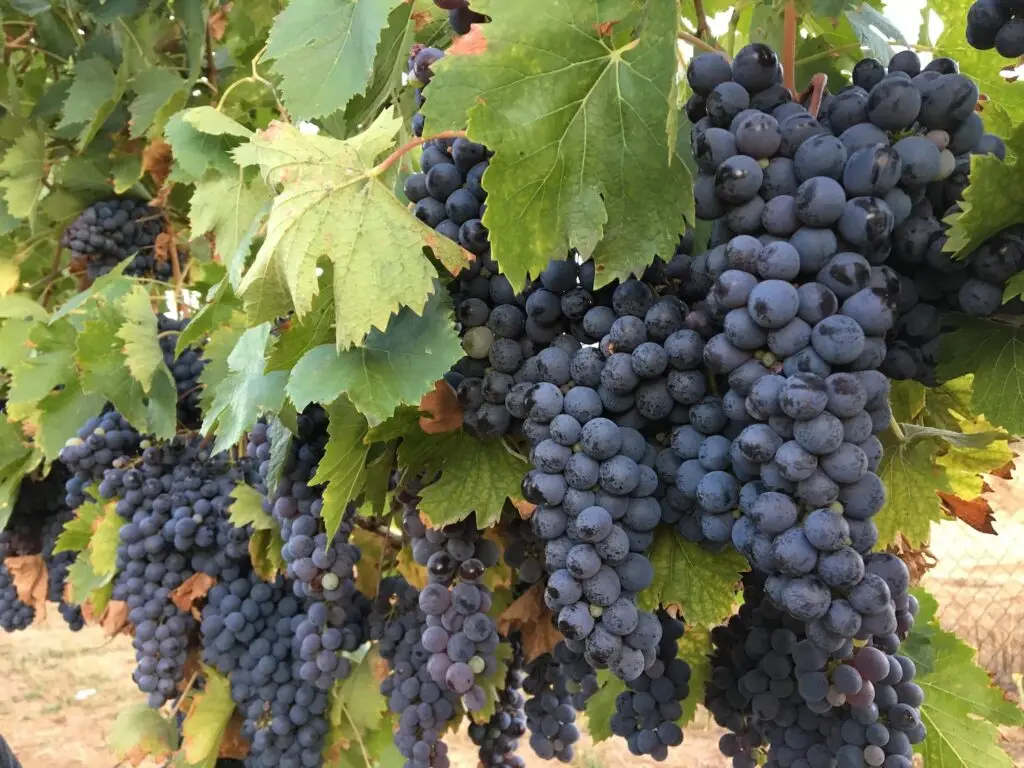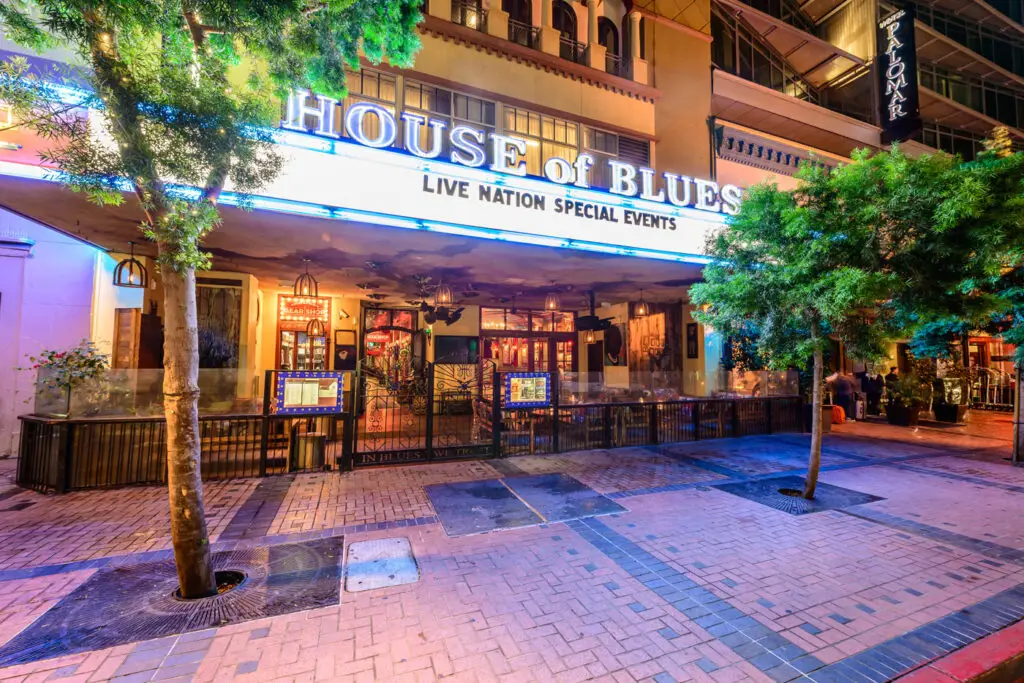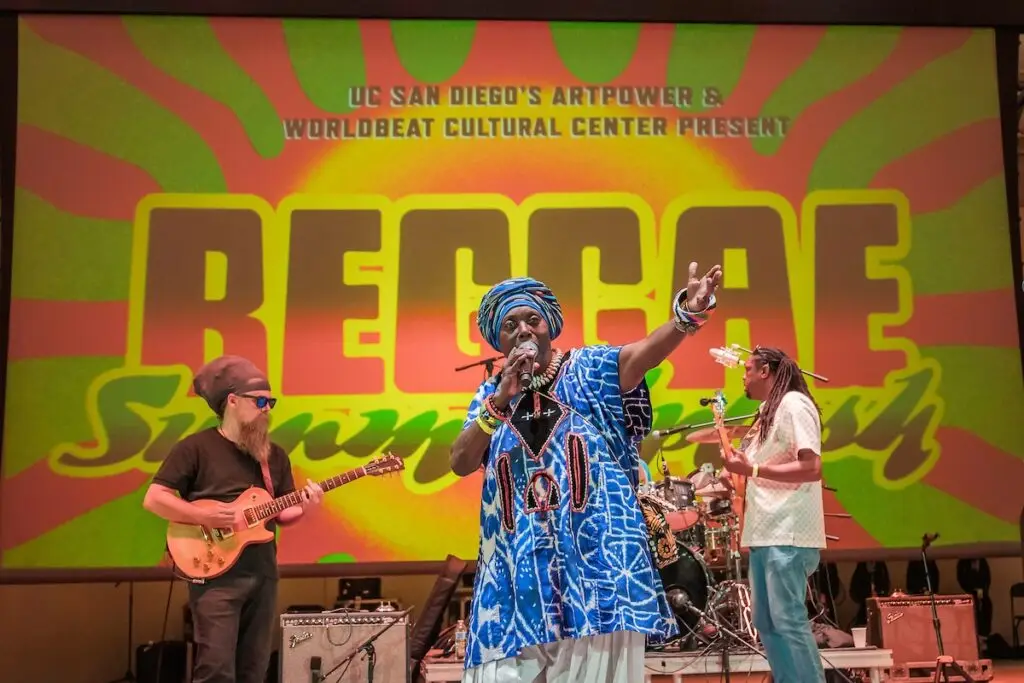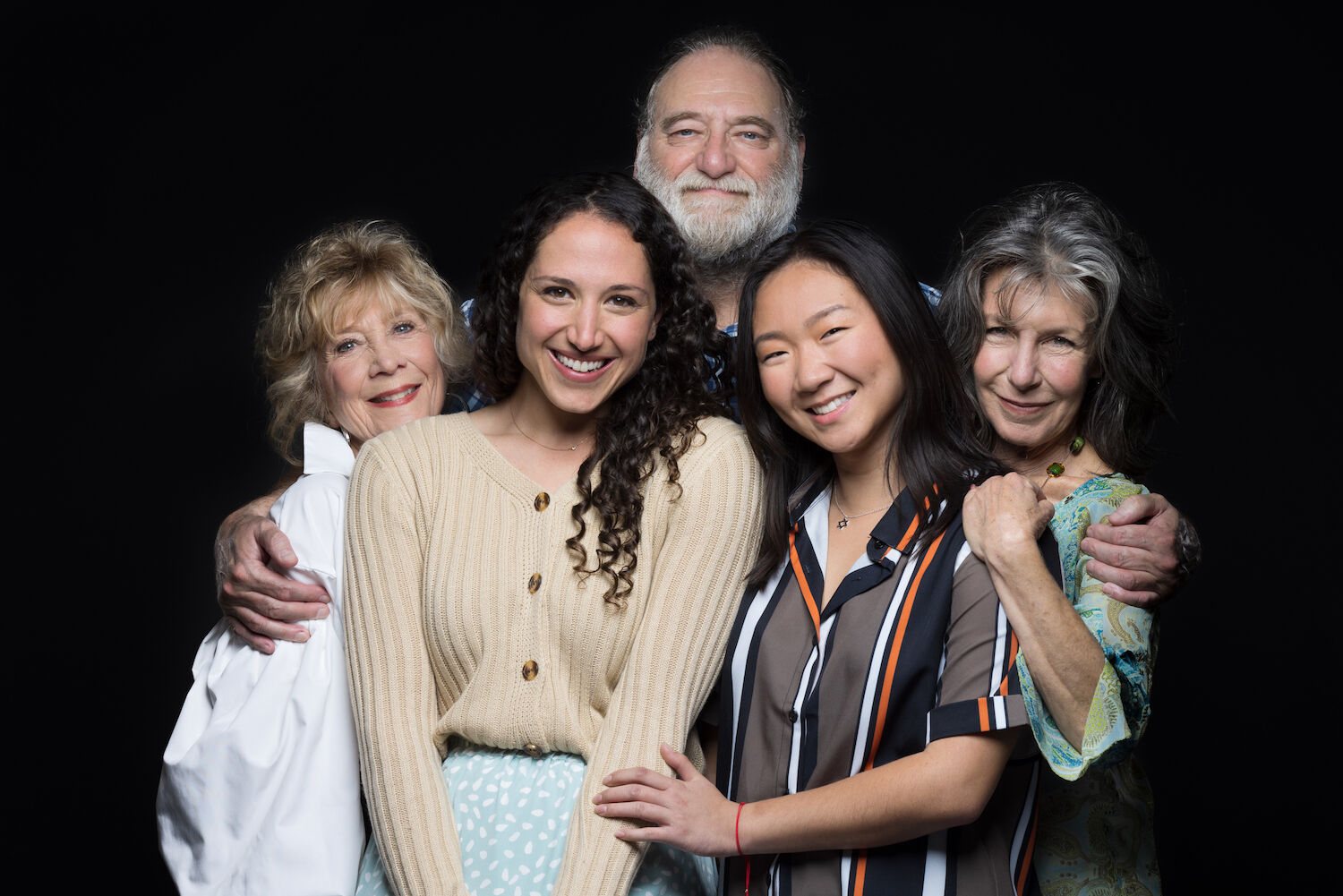
Judith Scarpone, Rebecca Futterman, Ron Orbach, Sabrina Liu, and Lisa Robins in San Diego Repertory Theatre’s In Every Generation
Rich Soublet
French poet Paul Valéry said that art “is never truly completed…but abandoned.” That seems especially true of theater, since no two audiences ever see the exact same play.
San Diegan playwright Ali Viterbi believes the audience is an essential part of her work. “Plays are never really finished, because they demand the audience back-and-forth,” she says. “That part is always changing and evolving.”
Her latest, In Every Generation, follows the Levi-Katz family across four time periods—1416 BCE, 1954, 2019, and 2050—by way of their Passover seders. The idea came when she observed how theatrical the holiday is. “It asks us to imagine ourselves into the story of Exodus from Egypt,” she says. “We retell this story every year. It’s tradition, but it’s also time travel. It connects you, kind of magically, to both the past and the future.”
She began writing in 2017, in the wake of the white supremacist march in Charlottesville, Virginia. “I had all these questions about what the future of American Jewish identity would look like, and about what happened to the Israelites after they escaped, when they were no longer enslaved but weren’t quite free, either.”
Tragically, we’re living in a time when speculative fiction writers are often quickly overtaken by reality. The next two years saw back-to-back mass shootings targeting the Jewish community, at the Tree of Life synagogue in Pittsburgh and closer to home, at the Chabad of Poway. “The future that I’d imagined speculatively started to feel more real,” Viterbi says.
Still, she completed the play’s first draft and staged readings of it, with San Diego Repertory Theatre and other venues, revising as she went. For over ten years she has served as associate artistic director of the Rep’s Lipinsky Family San Diego Jewish Arts Festival. She describes this work as a celebration of diverse new Jewish voices in the community, with a goal of developing works that go on to have a life in theaters across America.
Alongside those new voices, this year’s festival will host In Every Generation as a “rolling world premiere.” The National New Play Network adopted the play to debut three times in close succession, first at Chicago’s Victory Gardens Theater, then here, finally in Washington, DC. This format allows each production to take notes and build from the previous, and for the playwright to continue revising based on the feedback it receives.
Its director in San Diego, Todd Salovey, says this method has paid off—that at first, Viterbi was reluctant to write about what Jewish life would be like 40 years from now. “But things have changed in our world,” he says. “She’s now exploring ‘How do you take a stand for your own ethnic identity at a time it might be dangerous to do so?”
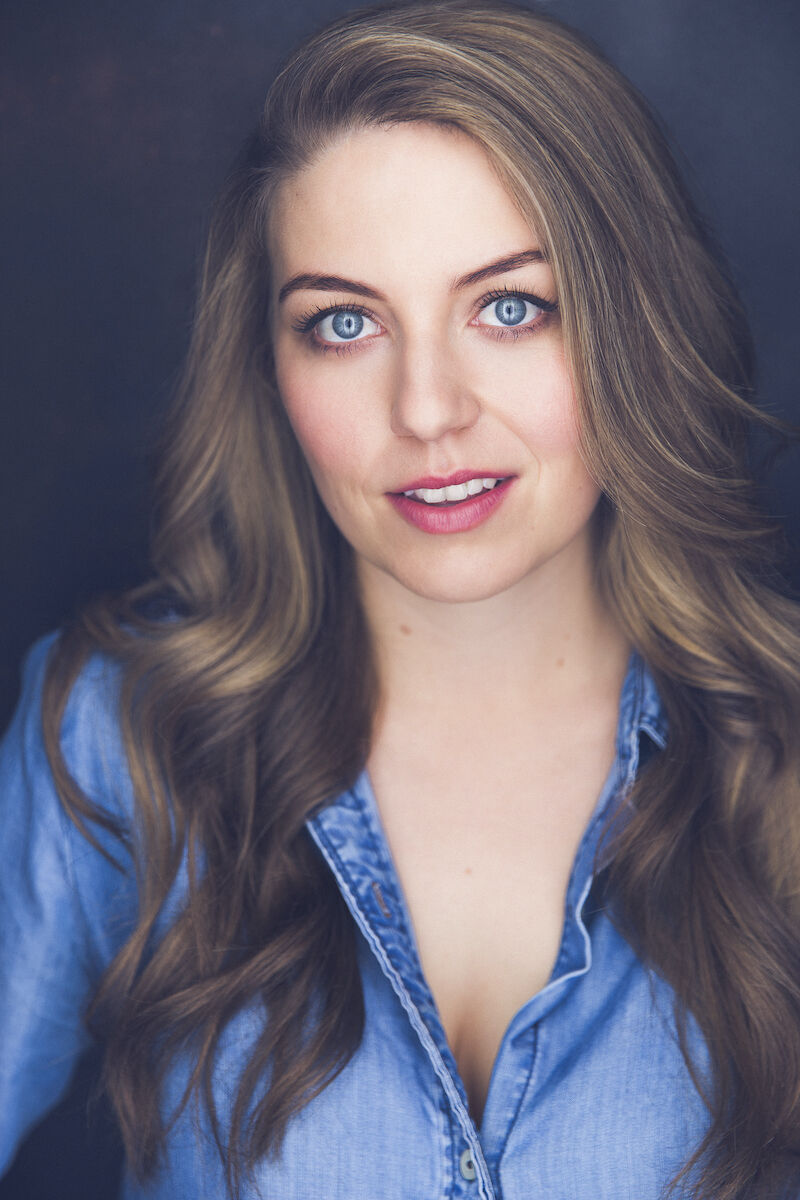
Ali Viterbi, playwright of In Every Generation
What most impresses him about In Every Generation, though, is Viterbi’s ability to present different perspectives on an idea, spoken from multiple characters who disagree with each other, and have each side of the argument sound equally compelling. “In this case, you’re getting to see a family whose love language is disagreeing with each other.”
Viterbi acknowledges that, even once her revisions are complete, if her play continues to be performed over the years, its reception will keep evolving as well. And that’s by design. She likens it to the Jewish study practice of havruta, which begins with one person reading a line from the Torah and asking a question, then someone else answers it and poses another question, and so on. “There is no answer,” she says. “It’s only in the asking of questions that you find some kind of resolution. It’s often very easy to tie a bow around our own narrative, but then we keep living.”
She hopes that San Diego audiences will feel invited to the Levi-Katz family’s seder, “celebrating this triumph of community in a time when that’s been hard to find”—not just to passively watch a finished product, but to be an active part of an ongoing conversation.
The Talmud itself precipitated Valéry’s sentiment by a few dozen generations, with a caveat. (It was speaking on the work of living, rather than making art—though for many there’s no difference.) “Do not be daunted by the enormity of the world’s grief. Do justly now, love mercy now, walk humbly now. You are not obligated to complete the work, but neither are you free to abandon it.”
PARTNER CONTENT
In Every Generation is now playing at the Lyceum Theatre through June 19. Tickets are available at sdrep.org.
